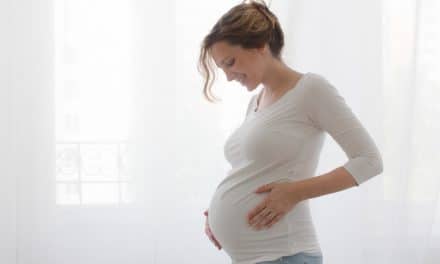Do you want to become a mother one day, or are you not considering it yet? In recent years, women have tended to delay motherhood, leading to growing interest in egg freezing.
You have probably heard of this option. The challenge is that it is still not widely discussed: many women are unsure of the options available to them or when the right time is to seek information. As a result, the years go by without a clear understanding of their chances of becoming mothers. However, assessing your fertility is straightforward and can make a real difference in the future.
In this post, we provide useful information and practical advice with the support of Dr Marta Devesa, gynaecologist, fertility preservation expert, and Head of the Reproductive Medicine Department at Dexeus Mujer:
1. Take care of your reproductive health
Have regular gynaecological check-ups (from the age of 25, or earlier if you are sexually active) to detect any irregularities and treat conditions such as infections, endometriosis or fibroids as early as possible, since they can affect your fertility. Resolve any questions with a trusted specialist whom you can consult about contraception, menstrual irregularities, or sexual and reproductive health, and remember to prioritise STI prevention.
2. Learn about the impact of age on fertility
Unlike men, who continue to produce new sperm, women are born with a finite number of eggs that declines gradually over time: around 1–2 million at birth, 300,000 at puberty, and only 400–500 are released during ovulation throughout life. Most importantly, after the age of 35, both the quantity and quality of eggs decline rapidly and progressively, reducing the chances of getting pregnant naturally.
3. Request an assessment of your ovarian reserve
Ovarian reserve refers to the number of eggs a woman has in her ovaries at a given time. It can be ‘measured’ through a blood test and a transvaginal ultrasound. The blood test measure hormone levels, such as anti-Müllerian hormone (AMH), which reflect your ovarian reserve, while the ultrasound counts the number of developing follicles in the ovaries (the ‘antral follicle count’). This does not predict exactly whether you will get pregnant in the future, but it provides an accurate ‘snapshot’ of your current ovarian reserve.
4. Don’t rule out egg freezing
Vitrification is a technique that allows mature eggs to be preserved for future use. The earlier it is done, the better: ideally before the age of 35. Freezing your eggs does not mean giving up on natural conception, but it does provide a safer plan B if needed later. If you are approaching 40, it is also advisable to explore other assisted reproductive treatments.
5. Adopt healthy lifestyle habits
Your ovaries are influenced by your lifestyle. To maintain optimal fertility:
- Follow a balanced diet rich in fruit, vegetables, and antioxidants.
- Avoid smoking and limit alcohol, as both can accelerate ovarian ageing.
- Exercise regularly and try to maintain a weight appropriate for your needs.
6. Take care of your emotional wellbeing
Deciding whether or not to become a mother is a personal choice, but it can come with social pressure, doubts or difficult medical news, such as a diagnosis of low ovarian reserve or other conditions that may affect fertility. Seeking psychological support or speaking with someone you trust can help you cope better.
In short: motherhood can wait, but information should not. Understanding your situation, taking care of your health, and exploring options such as egg freezing will allow you to make decisions with greater freedom.
At Dexeus Mujer, we make it easy for you.
You can now take a free anti-Müllerian hormone test, a simple procedure that provides valuable information about your ovarian reserve, followed by an initial consultation on fertility preservation to discuss your results.
More information















